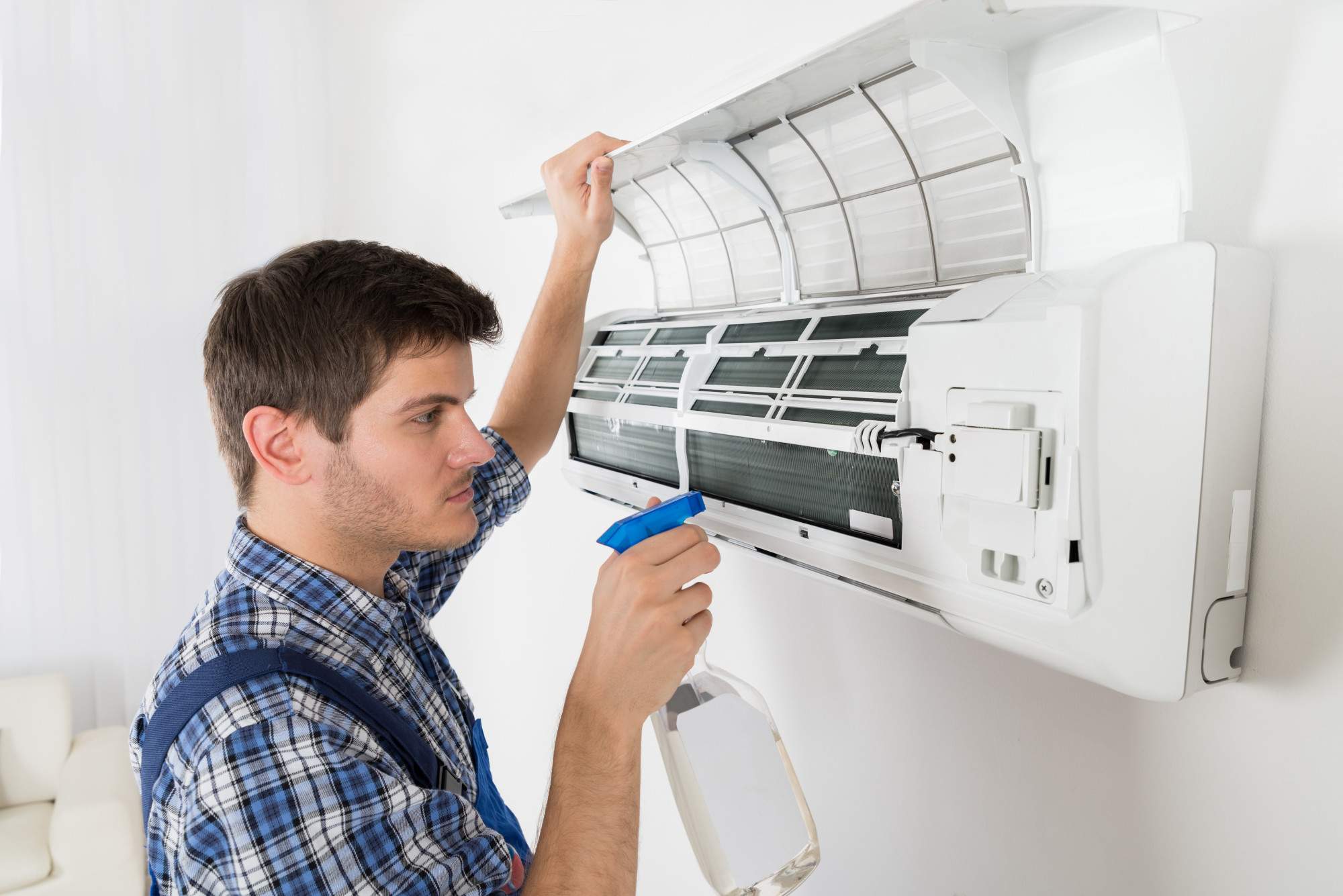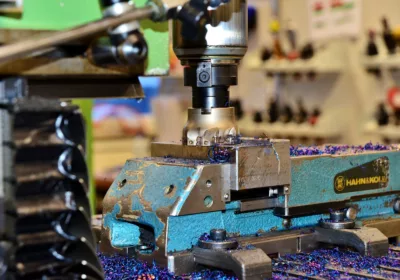
4 Cool Benefits of Routine Air Conditioner Maintenance
Did you know that heatwaves are the sixth deadliest type of disaster in the United States? Hot days can even exacerbate heart, lung, and kidney diseases.
Fortunately, your air conditioning system can help protect you against such hazards.
However, a lack of air conditioner maintenance can cause your unit to break down when you need it the most. That’s reason enough to shower your system with the TLC it deserves.
In this guide, we’ll talk about how exactly routine maintenance benefits you and your AC, so read on.
1. Ensures You Stay Comfortable
More than four in 10 people in the U.S. live in areas with unhealthy polluted air. That’s bad enough, but contaminated air can still enter your home via open windows and doors. Airborne particles can also make their way inside through structural cracks.
Luckily, the filter in your air conditioner protects it from pollutants. The AC forces the air it draws from inside your home through this device. It traps contaminants, keeping them away from your unit’s internal components.
However, it’s also because of its job that the filter can become clogged within one to three months. If you let that happen, you can expect poor airflow or even no cold air from your AC. That results in decreased indoor comfort.
Thus, routine AC maintenance, including regular filter changes, helps ensure proper airflow. That can then keep you and your family comfortable during hot days.
2. Can Contribute to Better IAQ
Because the air filter protects the AC from pollutants, it also helps keep the air inside your home clean.
On the other hand, a filthy filter can lower your home’s indoor air quality. That can occur if the air the AC forces through the device dislodges the contaminants already in it.
Whenever that happens, the released pollutants can go airborne again. Exposure to poor IAQ, in turn, can lead to symptoms like eyes, nose, and throat irritation. You might even develop headaches, fatigue, and respiratory woes.
You don’t want that to happen, so invest in routine air conditioning maintenance.
3. Keeps Your AC Energy-Efficient
Obstructed airflow can cause your AC system to work harder to reach your desired temp. The same thing happens when too much dirt builds up on components like the evaporator coil. The filth can insulate the metal coils, rendering them less efficient in cooling the air.
In the meantime, the harder your air conditioner works, the more energy it consumes. The higher its energy consumption, the more expensive your electricity bills can get.
So as soon as you notice skyrocketing bills, take that as a sign you need AC maintenance services.
Don’t worry too much about the cost, as you might be able to snag a discounted yearly maintenance plan. To learn more about how these annual specials work, visit www.sunriseacpro.com.
4. Helps Keep Your Carbon Footprint Low
Carbon emissions have the most significant contributions to global warming and climate change. Every person has a carbon footprint, but if you use more electricity, then yours is higher.
Therefore, a crucial step to keeping your footprint down is to use less electricity. One way to do that is to maintain your AC, seeing as a well-kept system consumes less energy.
Stay Cool With Air Conditioner Maintenance
As you can see, regular air conditioner maintenance plays a role in keeping you safe during hot days. Because without it, your unit may fail to provide adequate cooling, if any, at all. That can put you and your loved ones at risk of heat-related dangers.
So, don’t wait for your air conditioner to break down in the middle of summer. Instead, invest in AC maintenance services today.
Are you looking for other informative guides like this? Then check out our most recent posts!















